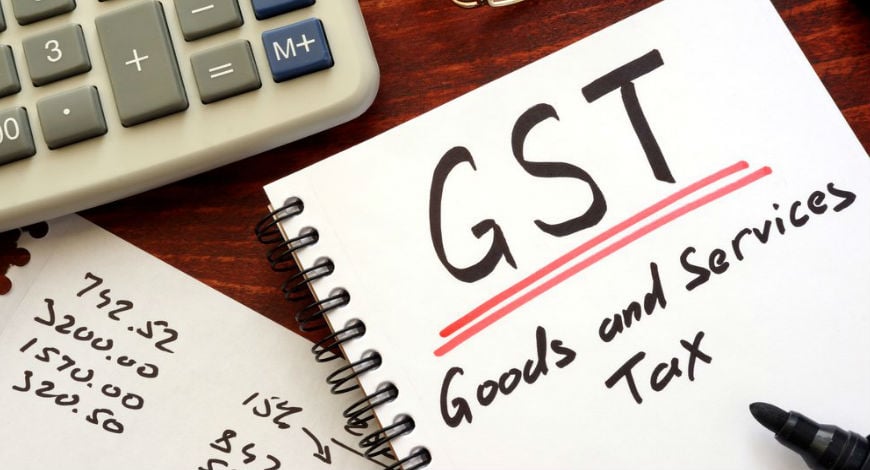
The gap between large organisations and micro, small and medium enterprises has 'widened' due to the unequal access to technology platforms and dispute-resolution mechanisms
Photo Credit :

Tamil Nadu does not expect any more than a 'marginal growth' due to the COVID-19 pandemic, state minister Palanivel Thiaga Rajan said on Friday and called upon the GST council to make arrangements to fully compensate the states for the gap arising 'between the protected revenue and actual expected revenue'.
Making his maiden speech at the 43rd Goods and Services Tax council meeting through the video conference facility, Rajan said the promise of Goods and Services Tax was manifold, 'but remains mostly unrealised'.
'This year, considering the present COVID-19 situation, we do not expect any more than a marginal growth at the best and a significant negative growth at the worst. I am sure the expectations in other states would be similar,' the state finance minister said.
Rajan called upon the GST Council 'to consider making arrangements for fully compensating the state for the gap arising in 2021-22 between the protected revenue and the actual expected revenue either by means of 'bridge funding by the government or by open market debt arrangement'.
In his address, a copy of which was shared with media, Rajan said the promise of GST was manifold, ranging from 'enhanced growth to a more harmonious national economy.' 'But the promises remain mostly unrealised. As the report of the 15th Finance Commission notes, the promises of gains in tax buoyancy, a boost to GDP growth rates and formalisation of the economy, have all failed to materialise,' he said.
The gap between large organisations and micro, small and medium enterprises has 'widened' due to the unequal access to technology platforms and dispute-resolution mechanisms, he said.
The 'gulf' between promised benefits and realisation, along with the full realisation of the fears of negative consequences of GST can largely be attributed to two causes -- structural design and execution problems and relationship issues between the governments of the Union and the states, he said.
Noting that the structural design of the GST system has 'ingrained' flaws, he said, the ownership, location, and operational model of the GST network needs to be 're-thought and strengthened'.
'The design of the GST Network makes it harder for MSMEs to integrate fully and resolve glitches relating to entries or input credits', he said.
The current process of bringing every single issue to the GST Council -- a body with tens of members with varying comfort in different languages and extent of domain knowledge, which meets once every three months, without prior discussion or attempts at consensus -- is 'profoundly debilitating', he said.
He suggested that the GST system simply must have more continuous, efficient and inclusive pathways towards the final step of 'Approval by the Council'.
'The official level committees need to meet more regularly', he said.
Stating that the containment of COVID-19 virus was the highest priority task for both Centre and state governments, he said for a temporary period zero rate of Goods and Services Tax should be levied on COVID-19 vaccines, Remdesivir and Tocilizumab.
'This will ensure that the cost of these essential items is reduced significantly, without the suppliers having to absorb any reversal of input tax credit', he said and pointed out that the Chief Minister M K Stalin had already written a letter to Prime Minister Narendra Modi in this connection.
The Fitment Committee's proposal for correction of Inverted Rate Structure on textiles and footwear may be deferred for the next meeting of the council, he said.
'As regards the issue of Extra Neutral Alcohol (ENA) taxability under the GST, this may also be deferred as a consensus still eludes us', he said.
(PTI)